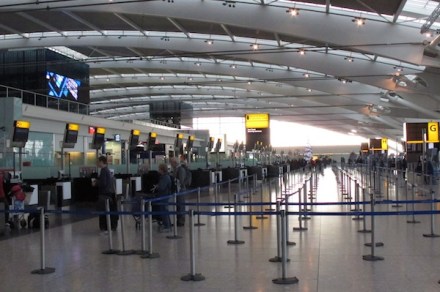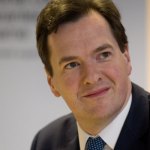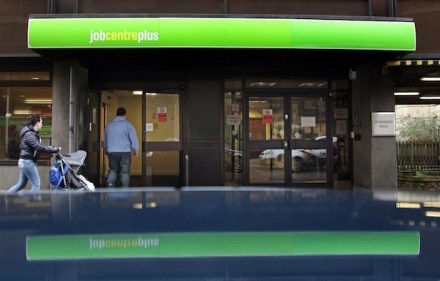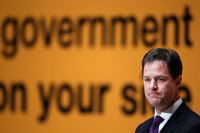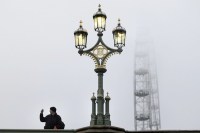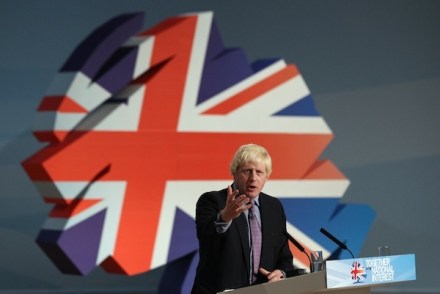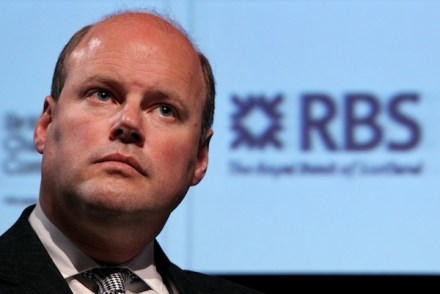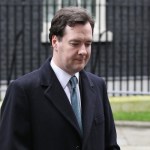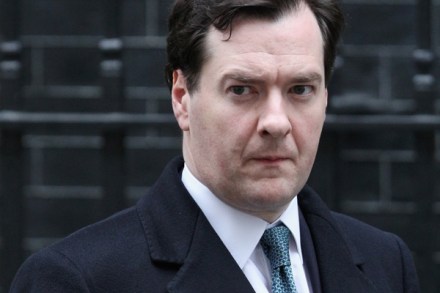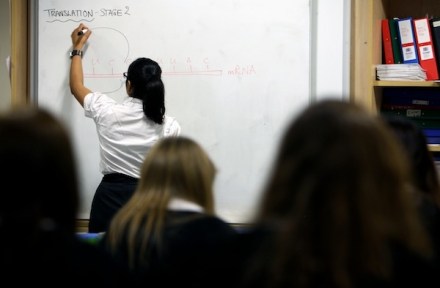ONS blunder lets ministers blame falling real incomes on immigration
Yesterday the ONS published a report showing average disposable incomes at their lowest level since 2003. This is difficult news for ministers: as Isabel pointed out, concerns about the cost of living – stagnant wages and rising prices – are one of the main reasons given by voters in recent polls for turning away from the Conservatives. Imagine, then, how pleased ministers must have been when they saw that the ONS had thrown them a lifeline: the chance to blame it all on immigration. The ONS report discusses the effects of wages and prices, and then adds that ‘finally, sustained population growth led to incomes being spread across a greater
